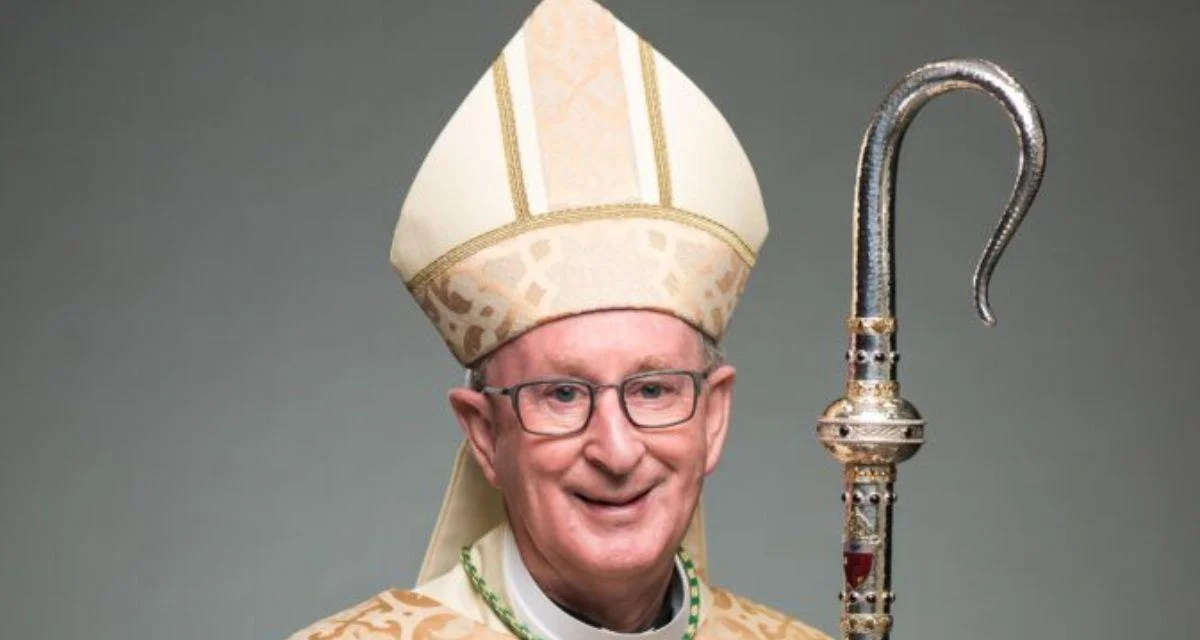
Reverend Joseph E. Kurtz, D.D. Bishop | Archdiocese of Louisville
The Mexican bishops’ conference has urged the newly inaugurated president to pursue social peace as she takes over from her popular and polarizing predecessor. Claudia Sheinbaum was sworn in on October 1, becoming Mexico's first female president.
In a statement issued on September 30, the bishops wished President Sheinbaum well and encouraged her to govern for all Mexicans. They noted that she inherits an increasingly powerful presidency with the ruling Morena party holding majorities in both houses of Congress, allowing her significant leeway in governance.
“We believe that when a woman becomes President of the Republic for the first time, she will be very sensitive and respectful, promoting everything that will contribute to the good and social development of all citizens,” said the bishops' statement.
The bishops also highlighted Mexico's challenges as opportunities for growth through participation and dialogue. They called for reconciliation and consensus-building among political forces to achieve social peace without marginalizing minorities.
Sheinbaum, 62, is also Mexico’s first Jewish head of state but identifies as nonreligious. A climate scientist and former mayor of Mexico City, she won more than 60% of the vote in the June election by continuing outgoing President Andrés Manuel López Obrador’s populist agenda. Mexican presidents are not eligible for reelection.
López Obrador leaves office with a 68% approval rating according to El Financiero. During his term, he increased the minimum wage, initiated large infrastructure projects, and implemented cash stipends for vulnerable groups. Poverty decreased by 5% during his administration according to a survey by the National Council for the Evaluation of Social Development Policy. However, his elimination of a health insurance scheme doubled those lacking healthcare to 40%.
Sister Juana Ángeles Zárate commented on López Obrador’s appeal: “It seems that sometimes the president has a connection with the people.” Father Filiberto Velázquez acknowledged positive impacts from social programs but remained skeptical about systemic change: “At the end of the day, corruption, our institutions, and impunity continue being the same.”
Violence remains a critical issue; at least 30 candidates were killed during this year's election cycle amid concerns about drug cartel influence on local governments. The bishops emphasized public policies ensuring citizen security while addressing poverty and inequality.
The church itself has been affected by violence; two elderly Jesuits were killed in their parish in 2022 by a known crime boss. Despite urging changes in security strategy, López Obrador rebuked such calls.
Mexico’s Catholic leaders have since held peace forums and developed a blueprint for pacifying Mexico signed by presidential candidates including Sheinbaum. Jesuit Father Jorge Atilano mentioned ongoing dialogue with Sheinbaum's staff: “We trust that it will be a government with openness.”
López Obrador concluded his term with constitutional changes including judicial reforms requiring judges to face popular votes—raising concerns about executive control over courts.
The bishops stressed democratic principles: “We are convinced … that Mexico is called to once again experience true democratic rule of law.” They added that trust is essential for development and stability.


 Alerts Sign-up
Alerts Sign-up